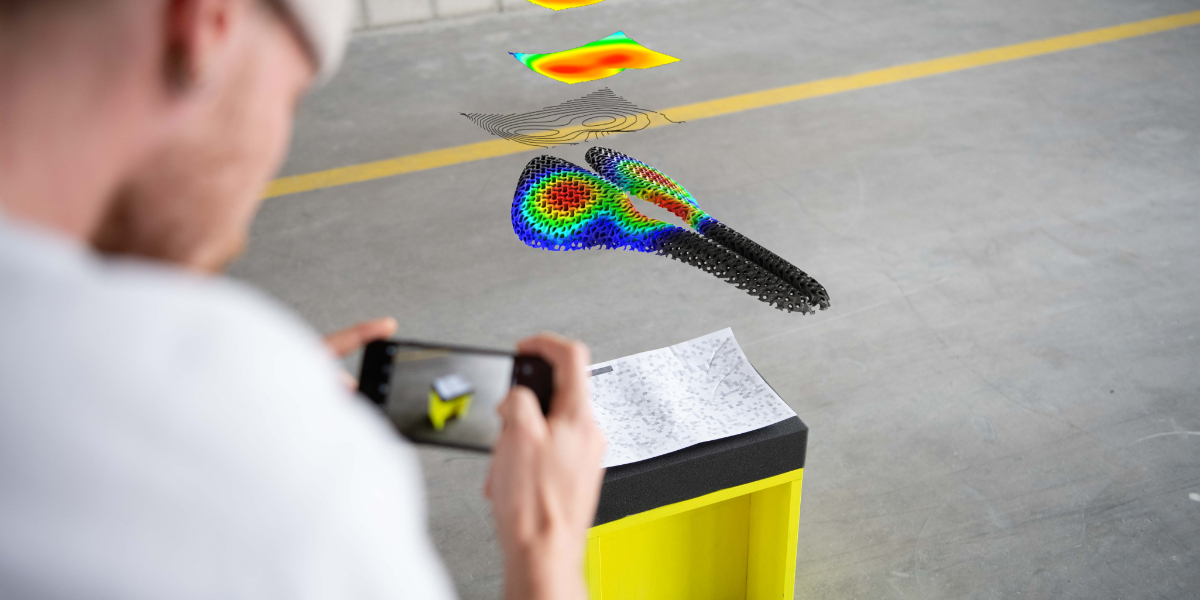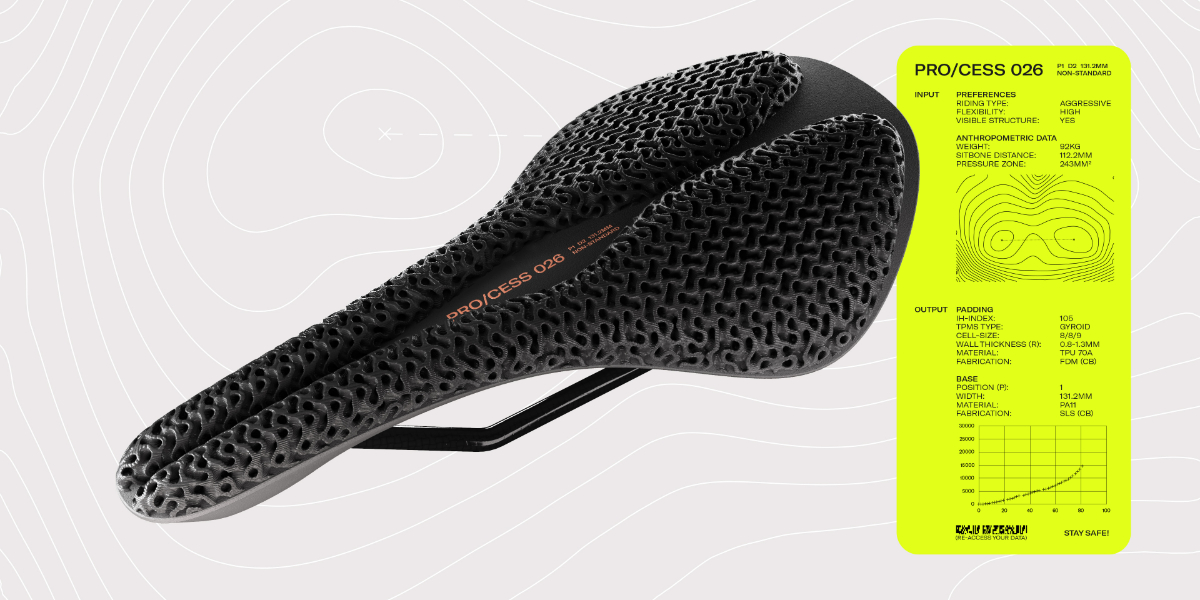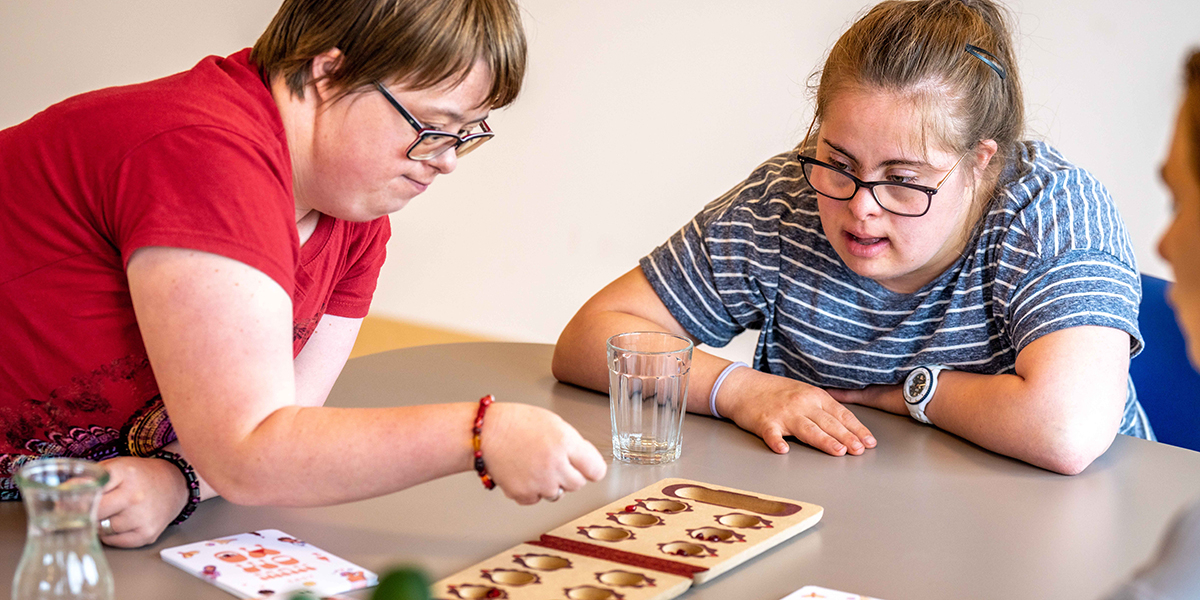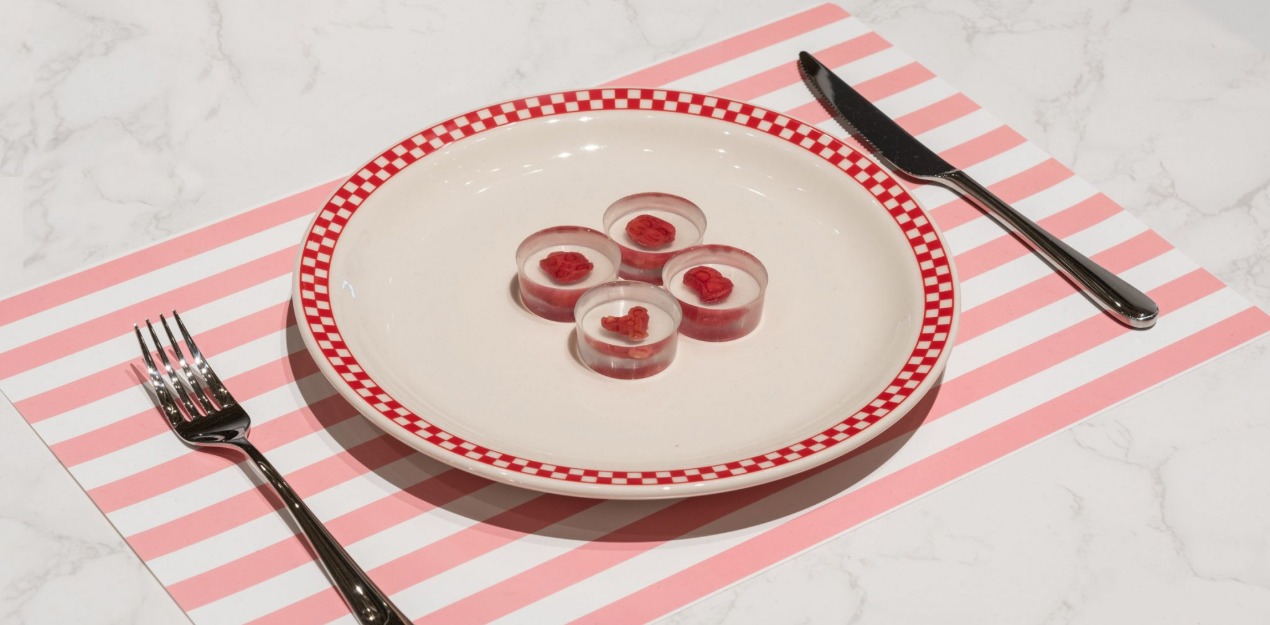AWARD YEAR
2023
CATEGORY
Body
GOALS
Gender Equality, Responsible Consumption & Production
KEYWORDS
gender equity, mass customization, additive manufacturing, Critical Design, gender
COUNTRY
Germany
DESIGNED BY
Tim Schuetze
WEBSITE
https://timschuetze.com/
PRO/CESS
PRO/CESS is a gender-sensitive, fully customized and additively manufactured bike saddle.
How does it work?
The process follows the principle of input/algorithm/output. The input is formed by the individual data of the users, gathered decentrally with an app. Utalising image recognition technology, a 3D model of the butt is created. Corresponding ergonomic data is then derived and additional preferences are entered. Based on this, the algorithm adjusts the shape, size, padding and look of the saddle in the CAD model and is constantly optimised with new data sets. Print data for FDM and SLS printing is then generated and made available as output. Finally, users have the choice of printing the saddle themselves, sharing the order in the maker community or ordering the saddle from a microfactory.
In addition to the individual product, the process focuses on participation and flexibility. It is fluid in its form and can react agilely to feedback and external influences. In this way, standards of gender differentiation become obsolete and non-binary, empowering perspectives are present instead.
Why is it needed?
Our designed environment is strongly marked by gender-differentiated products. These, as well as supposedly "unisex" versions, not only fail to recognise the diversity of human identities, but ultimately also contribute to the preservation of patriarchal norms and hierarchies. In a product field conventionally conceived in "male" and "female" standards, PRO/CESS represents a gender-sensitive approach that considers physical characteristics and preferences independently of gender identity and is consciously not based on any standards. Unlike other 3D-printed bike saddles, the design embraces the potential of additive manufacturing for complete customisation. The flexible upper is simply FDM printed, the base SLS printed. Both technologies are becoming increasingly accessible and, in the sense of prosumerism, enable decentralised production that does not originate from large corporates but is organised in dynamic networks.
How does it improve life?
As an implementation of the previous design-theoretical study "gender affairs - empowering gender equality and diversity through gender-sensitive design", the project takes on a discursive dimension. Radical individualization promotes a future in which user groups are neither semantically excluded by a binary, heteronormative gender conception nor practically excluded by supposed gender standards. It is intended to encourage discourse and to question the way in which gender is (not) understood in design.
On a very specific level, the project also promotes a decentralized and community-based open-source product manufacturing that is more resilient, independent and ultimately, through the participation of many, more dynamic.







